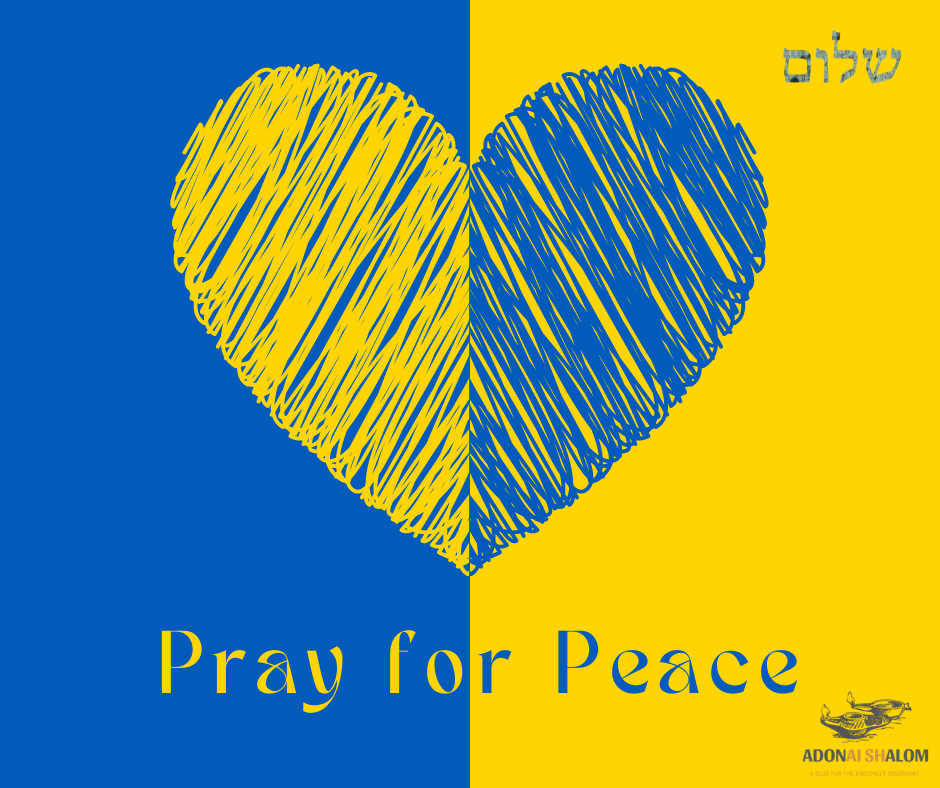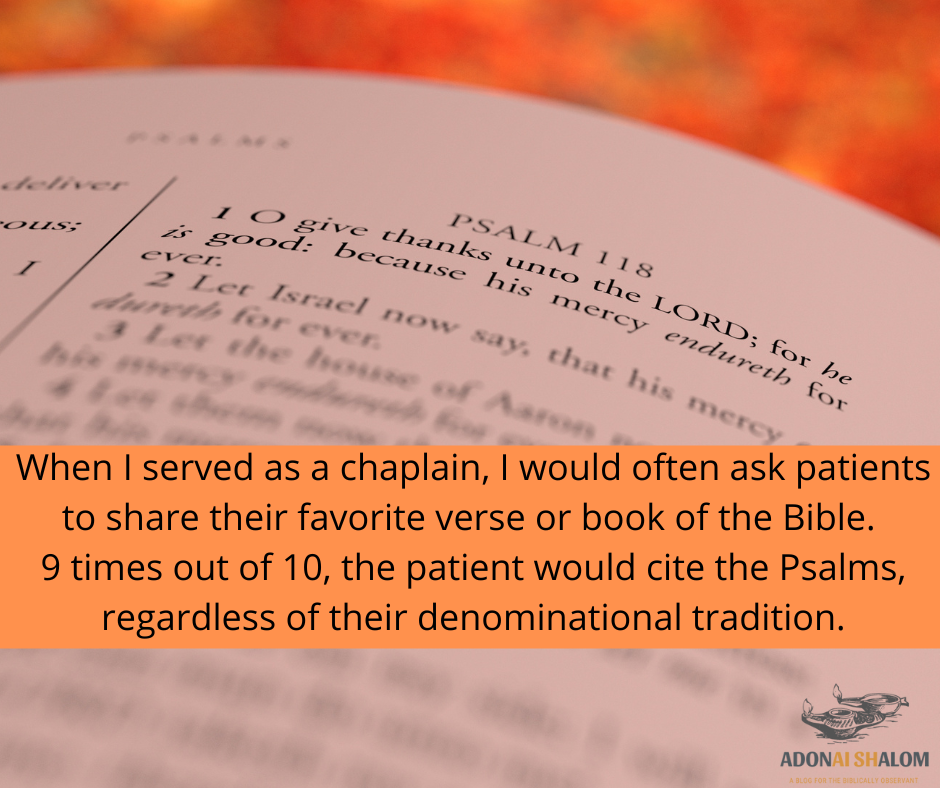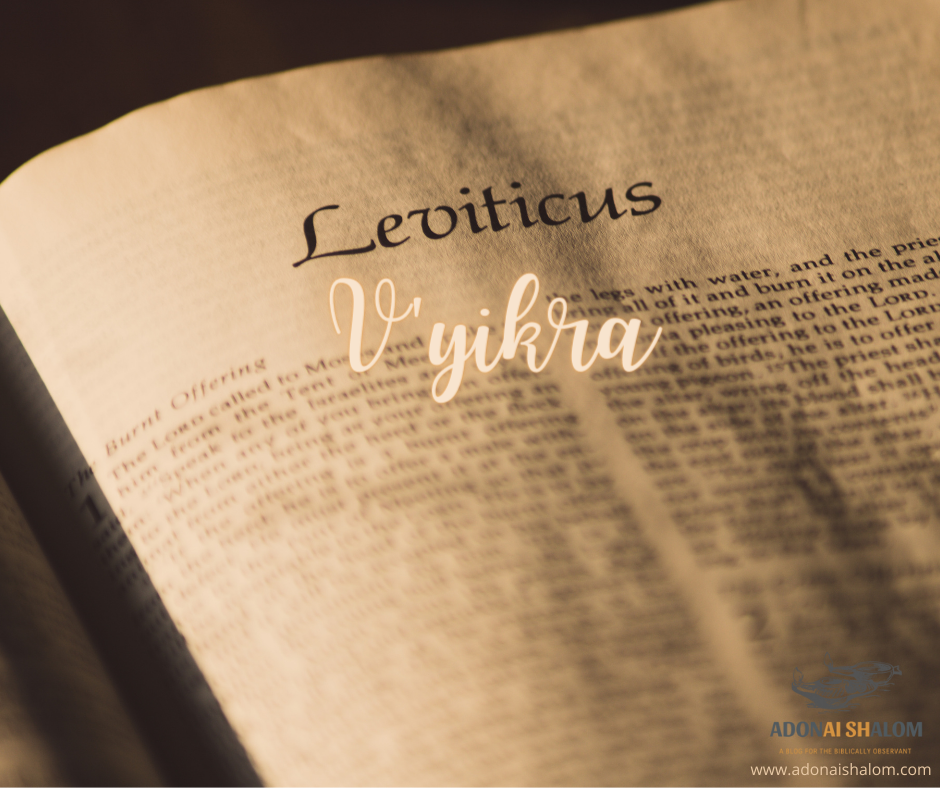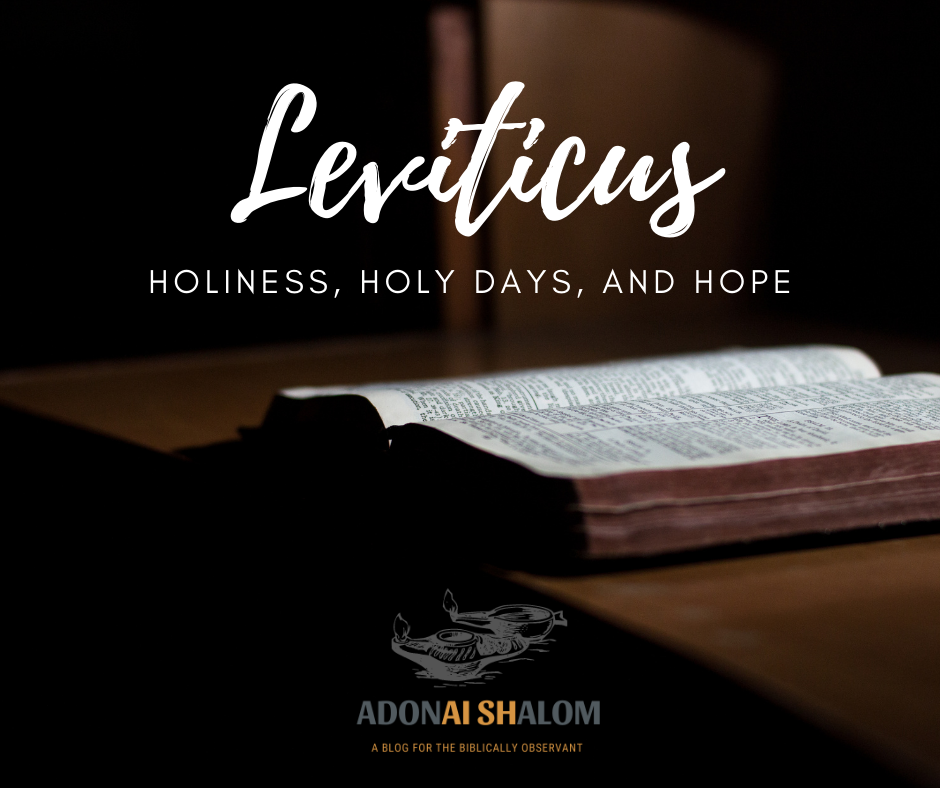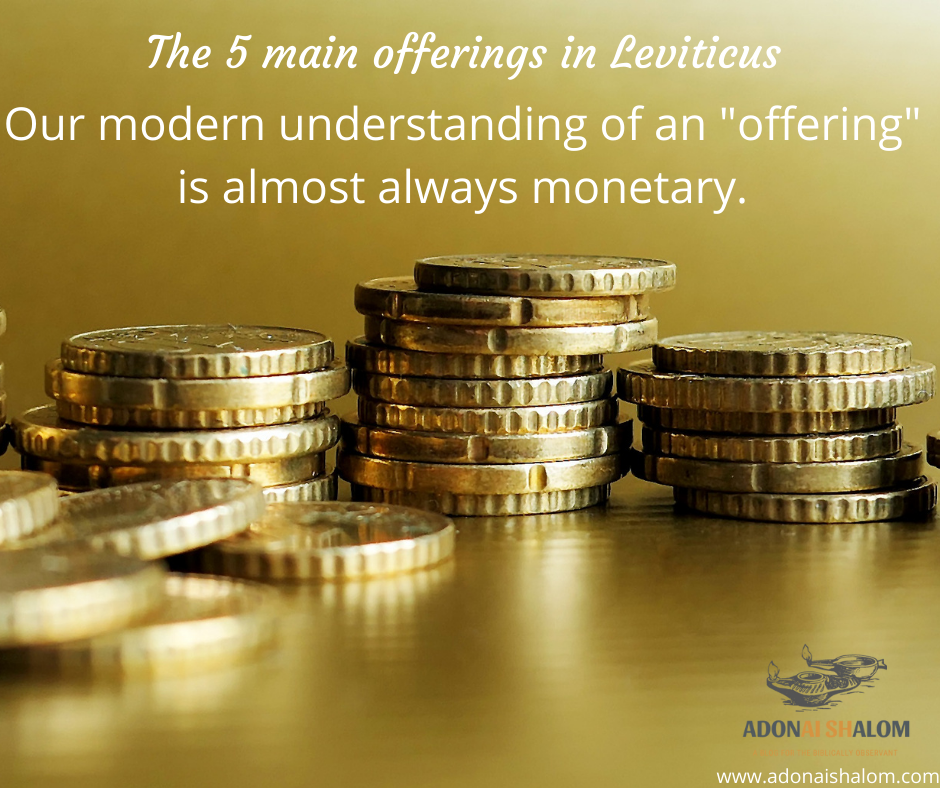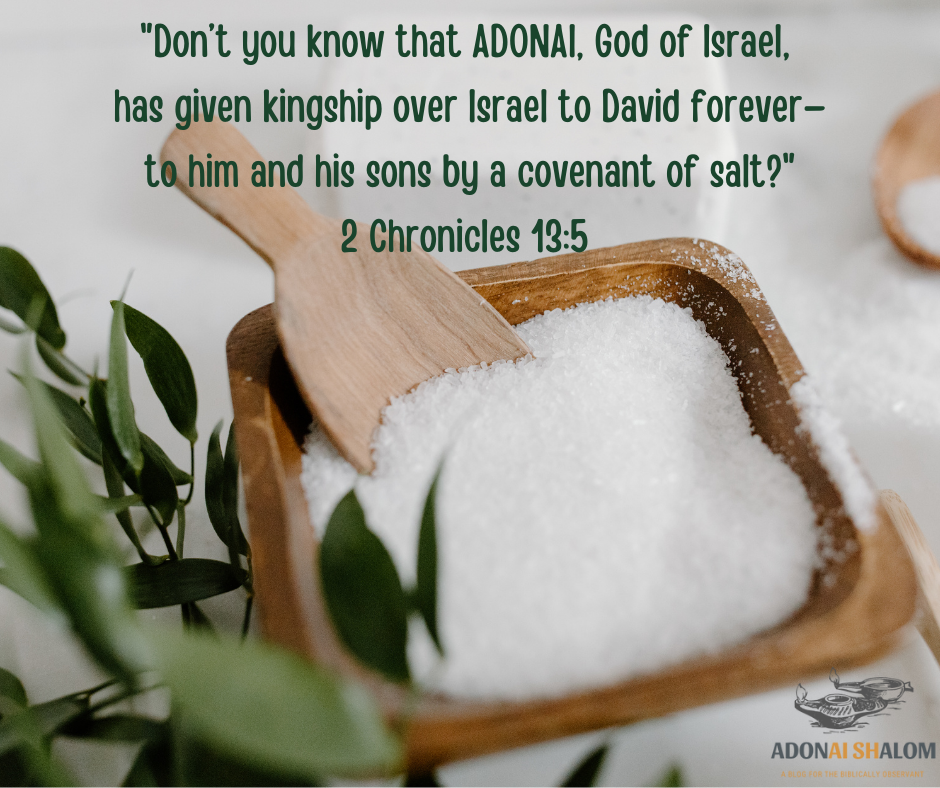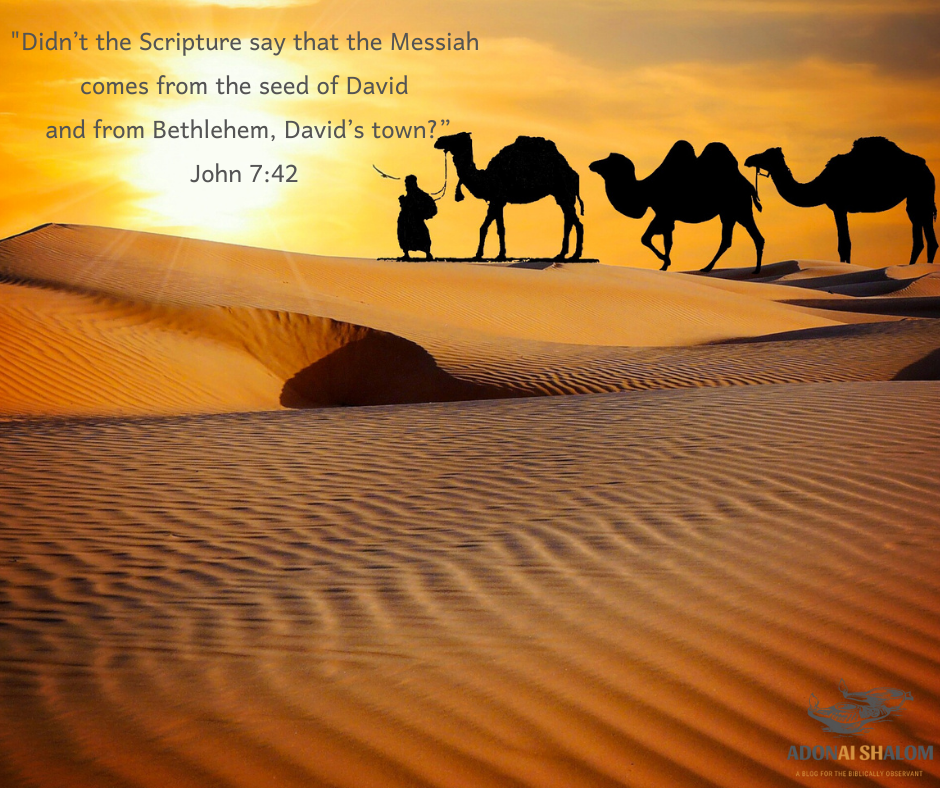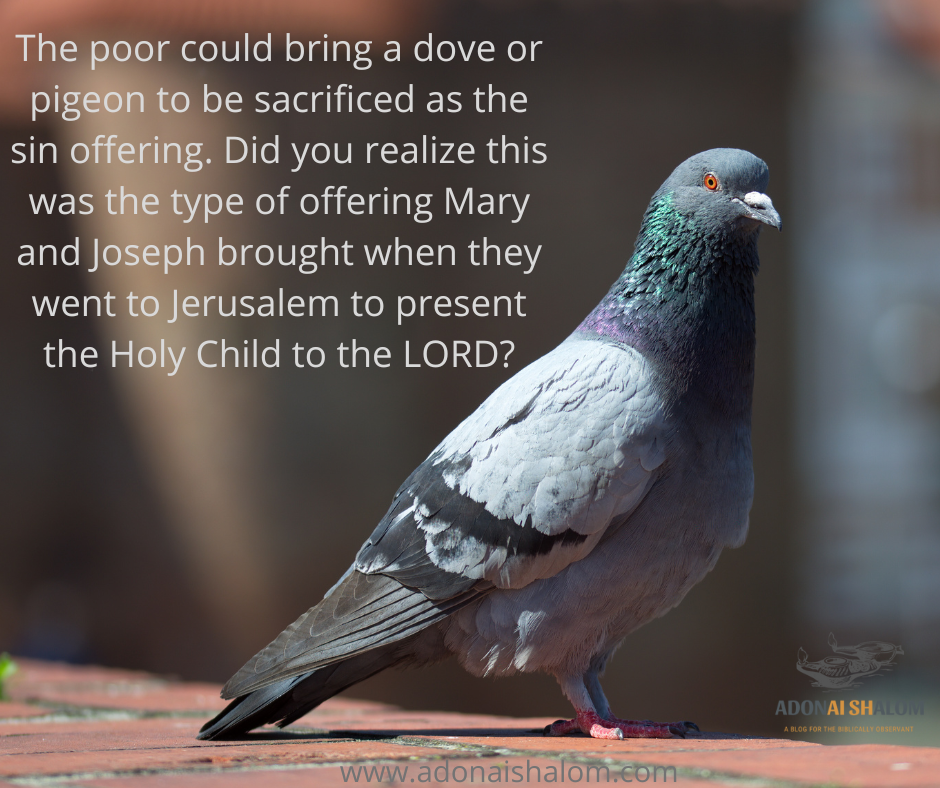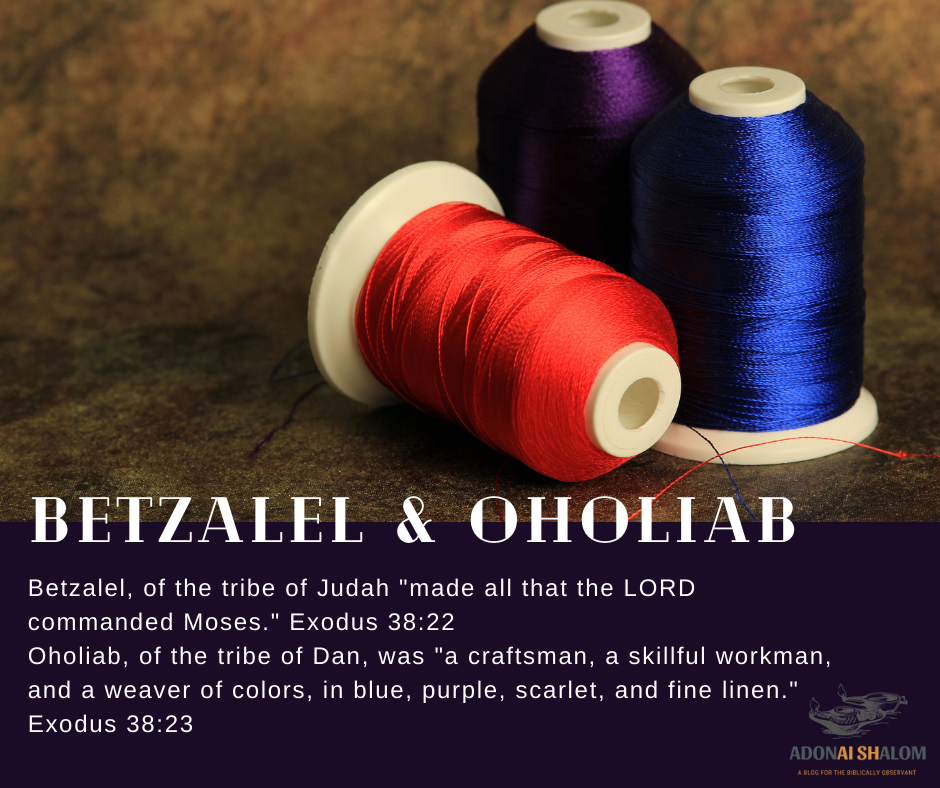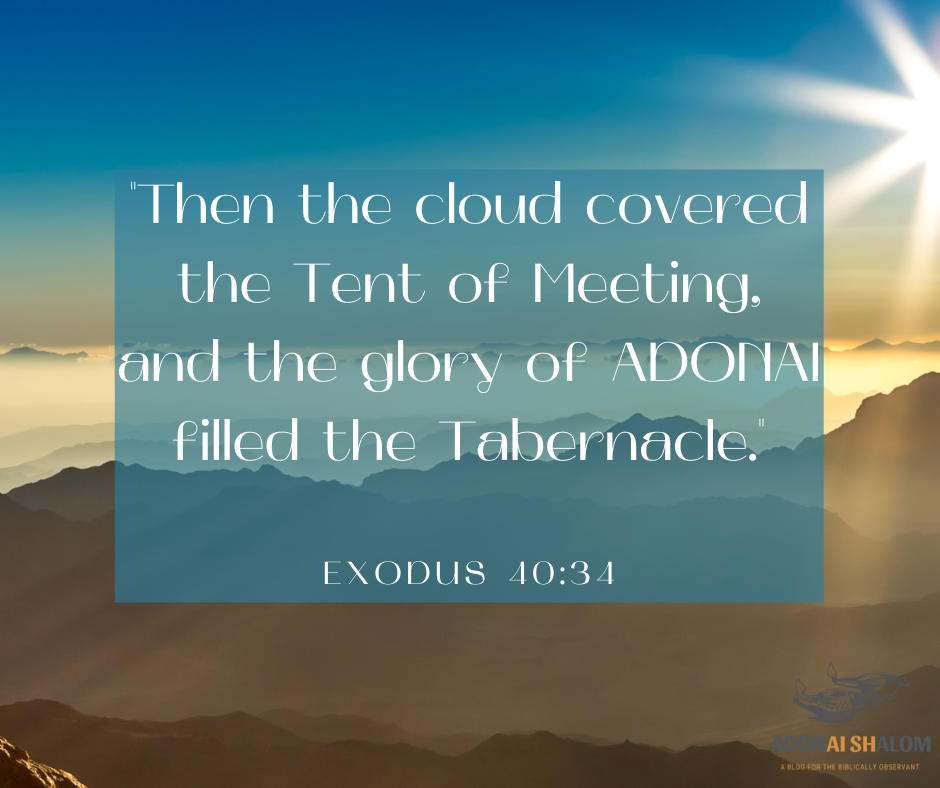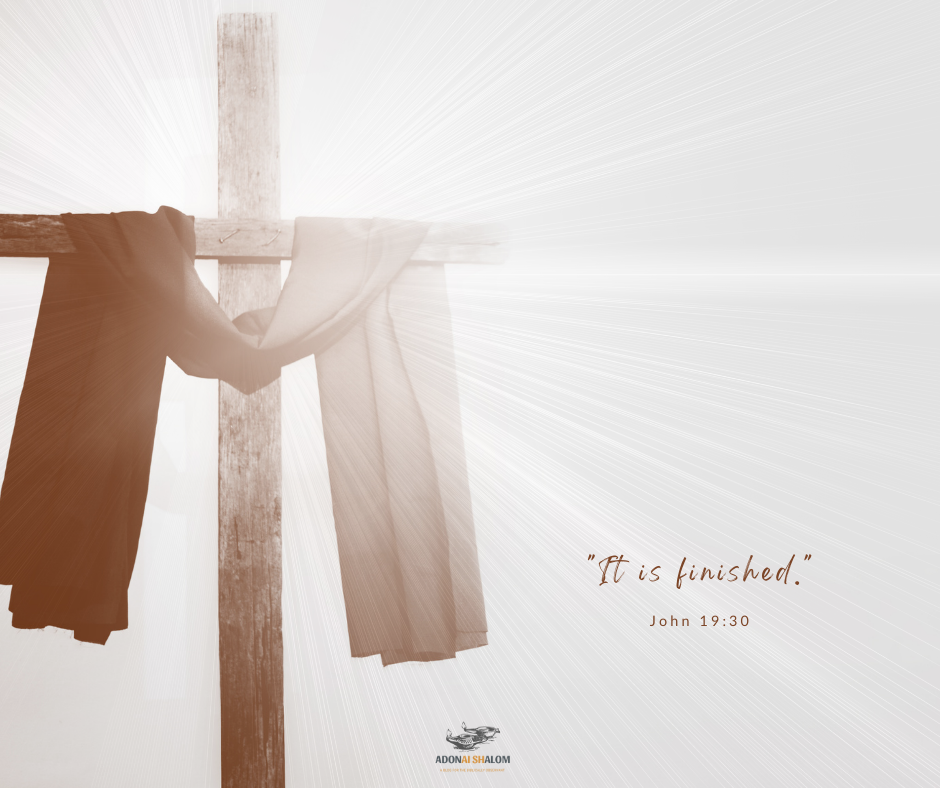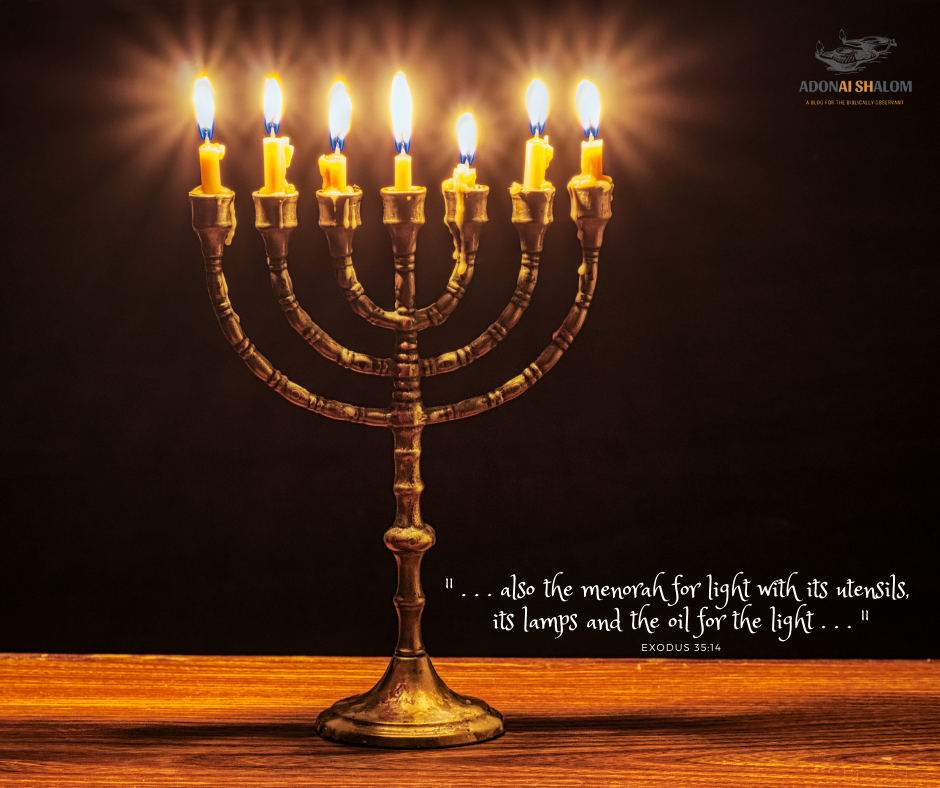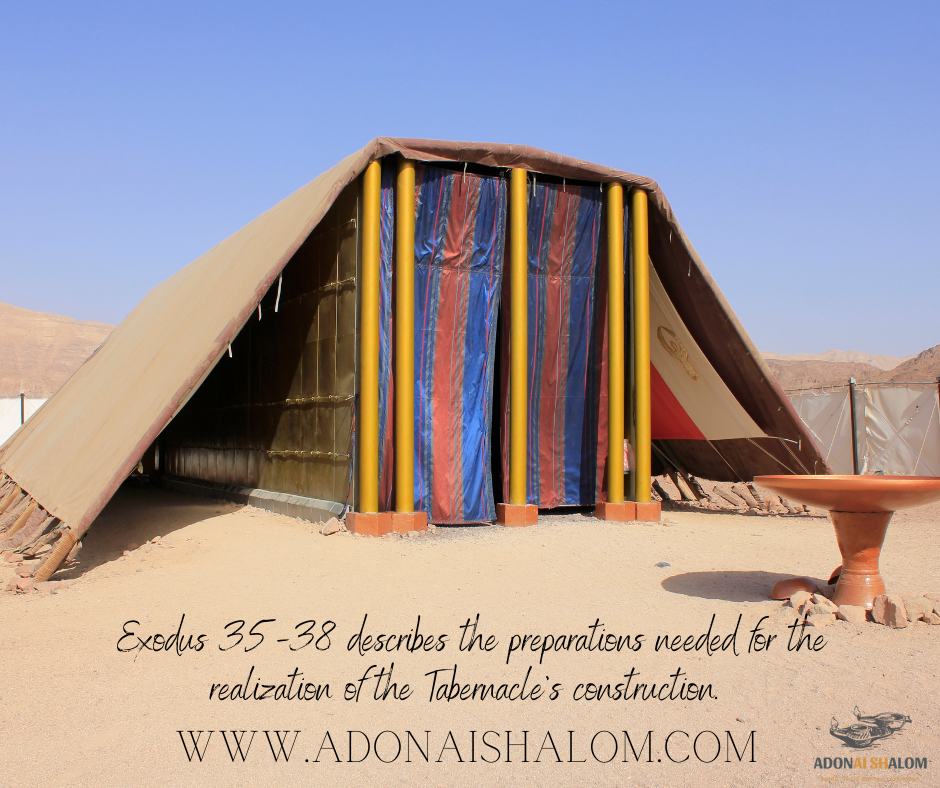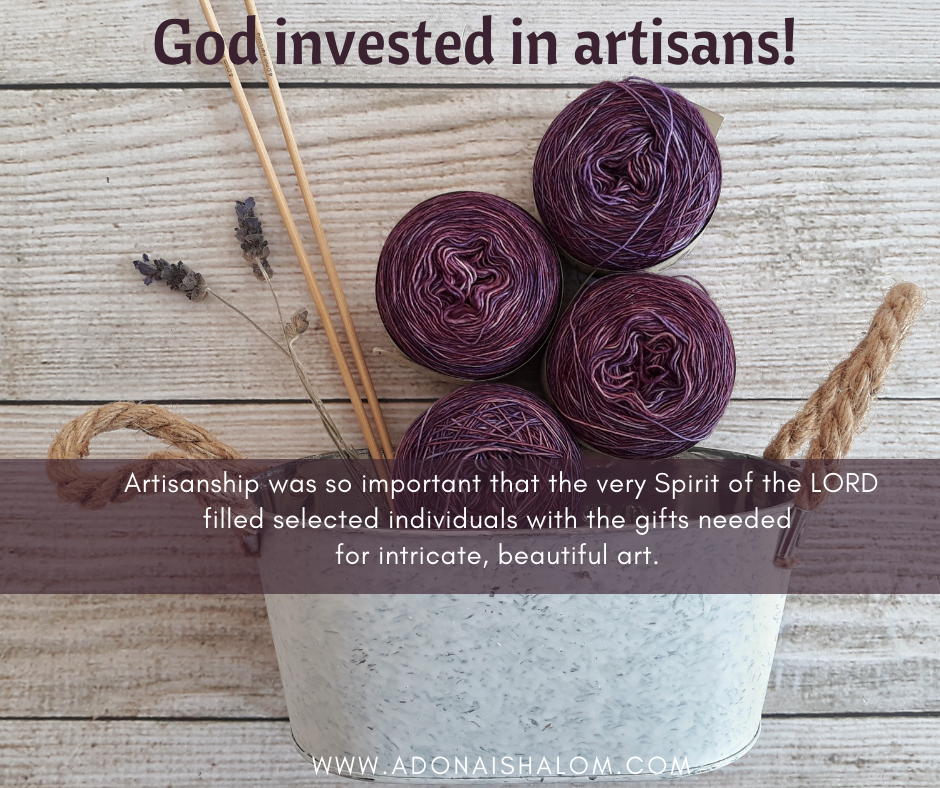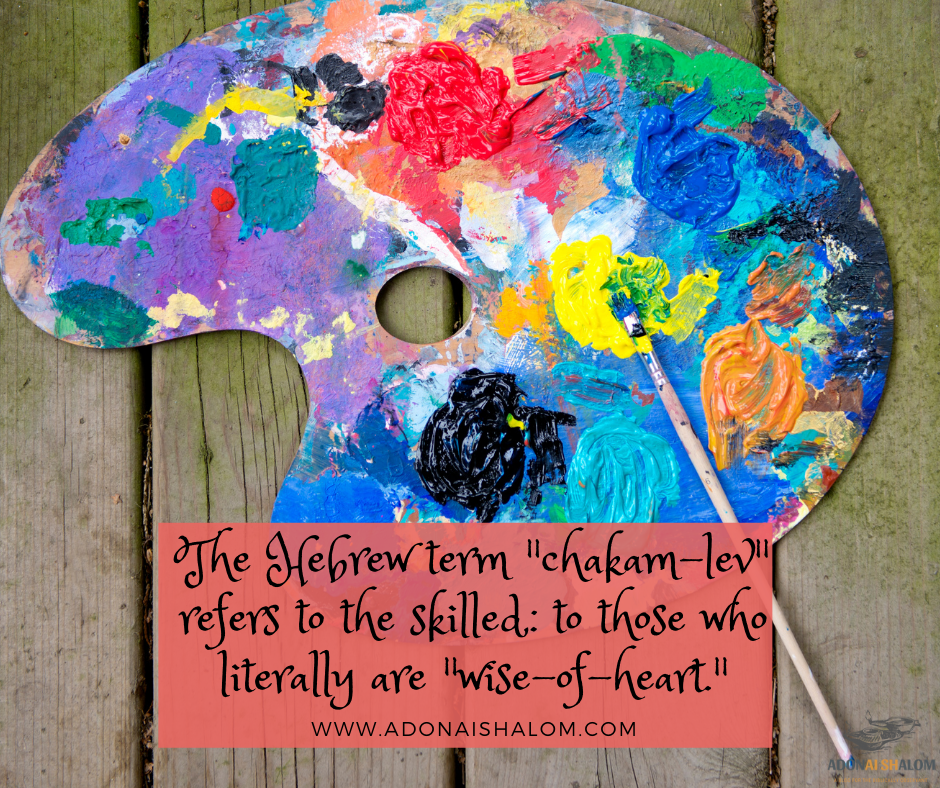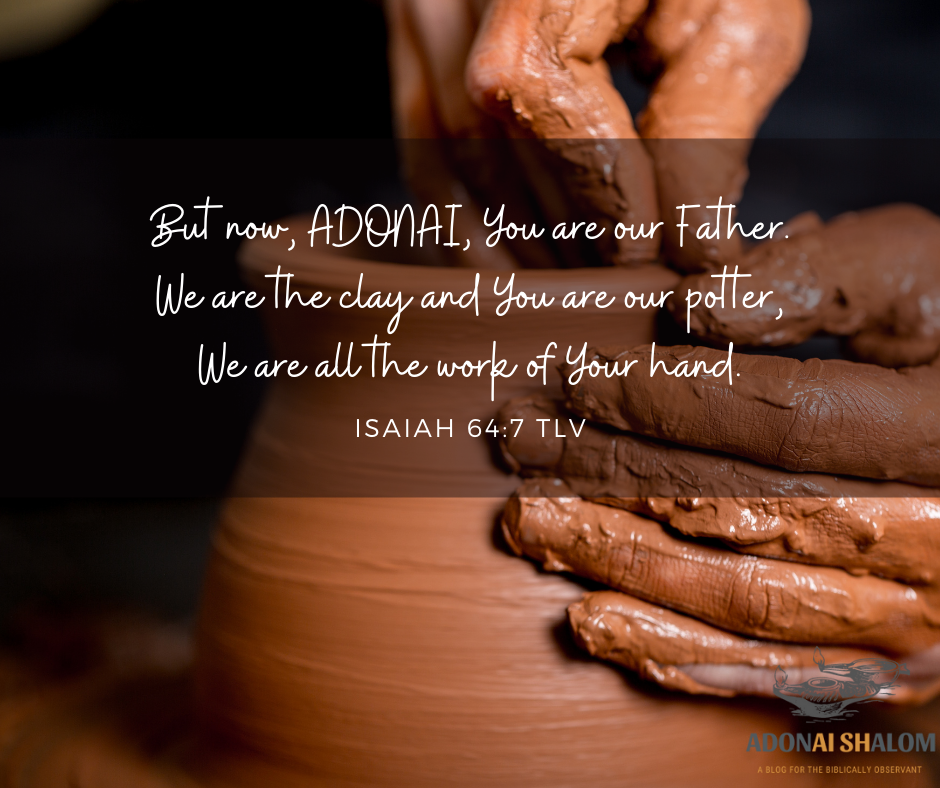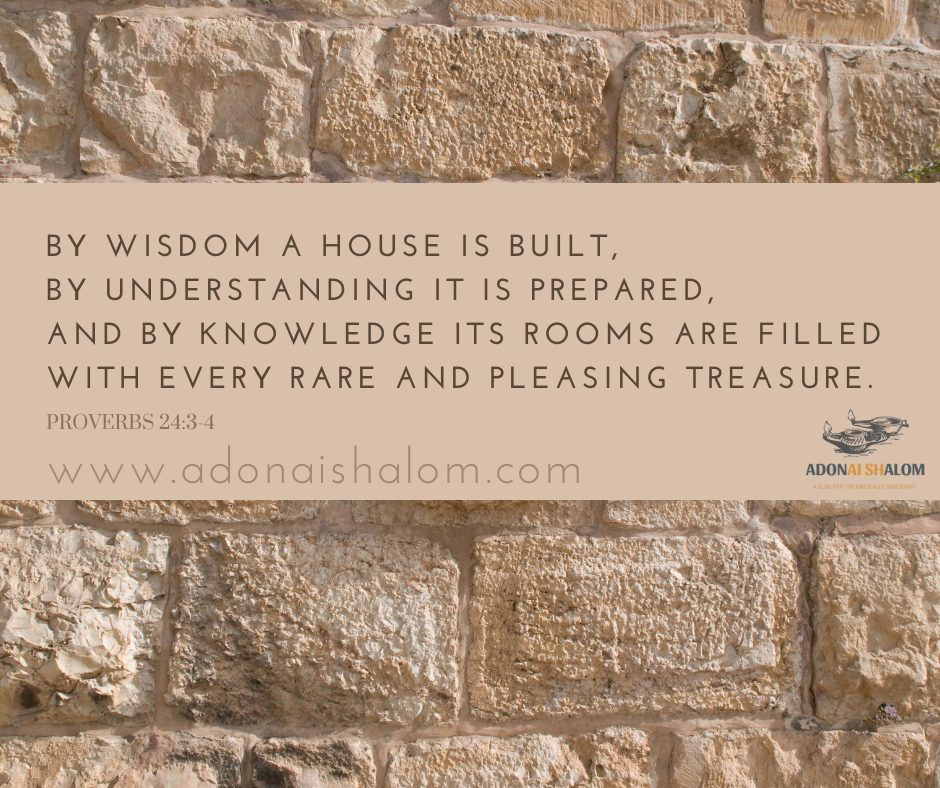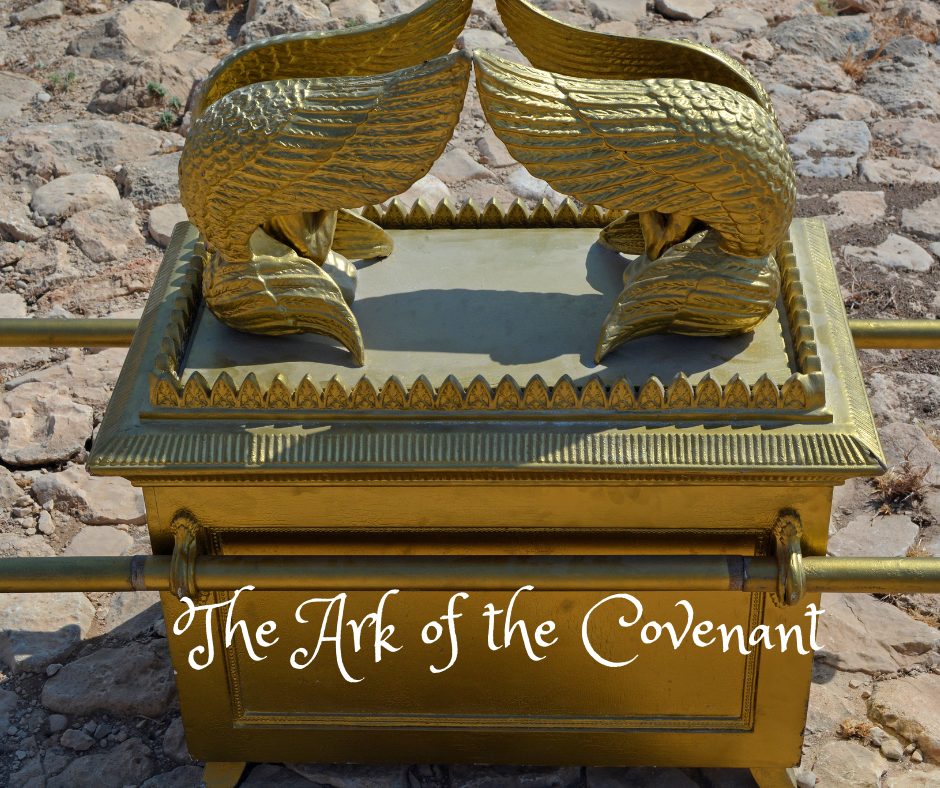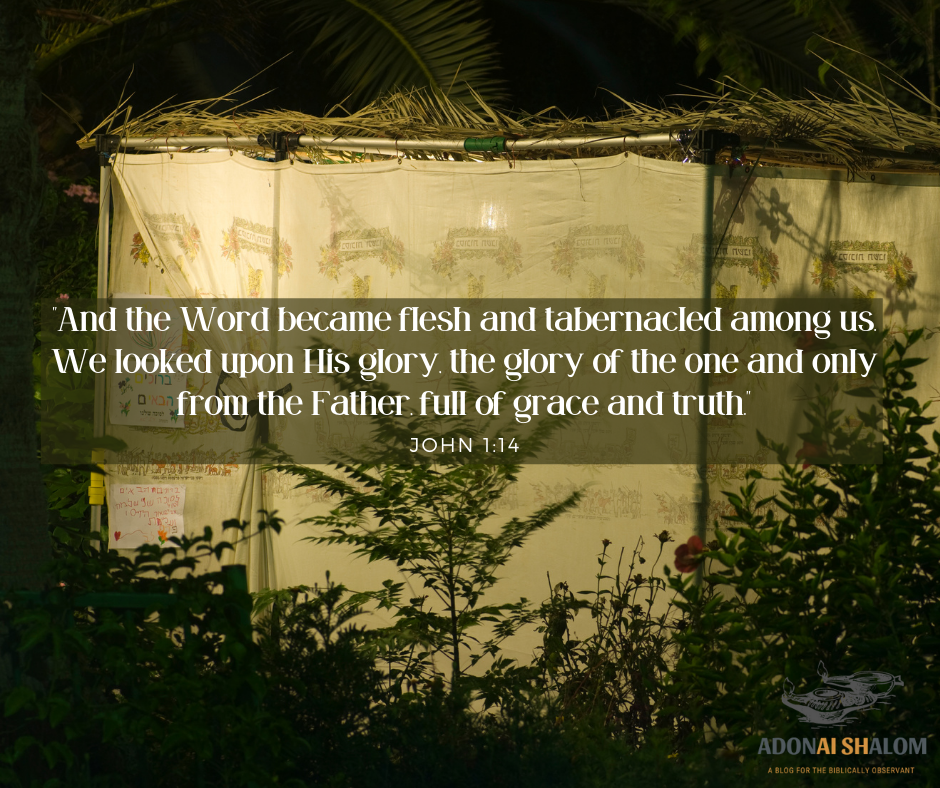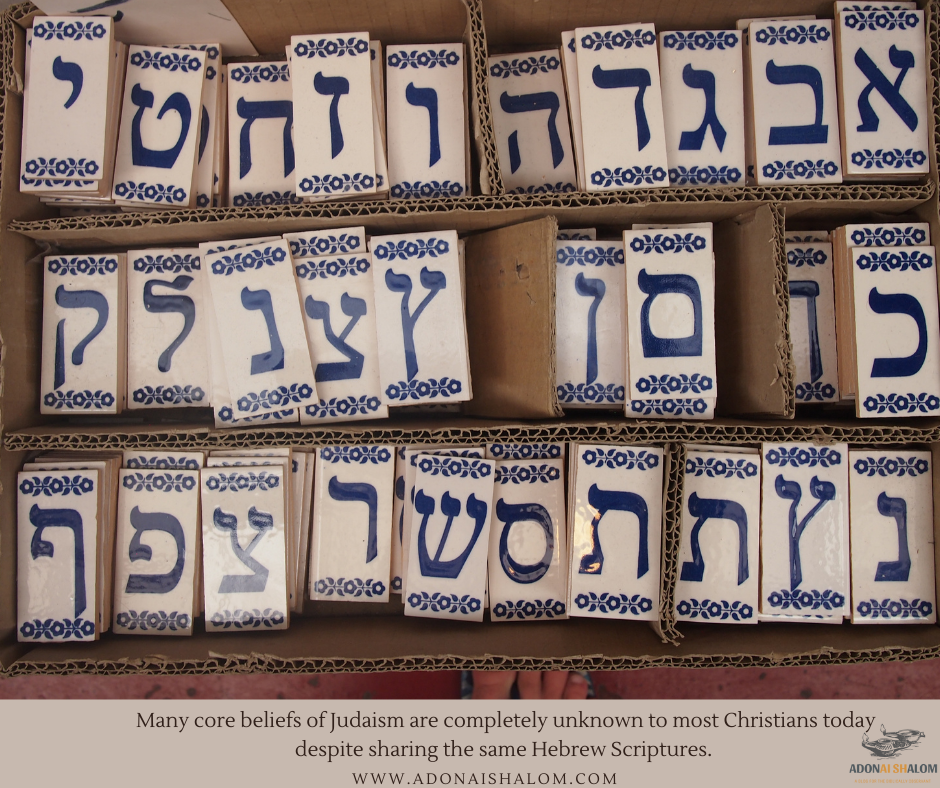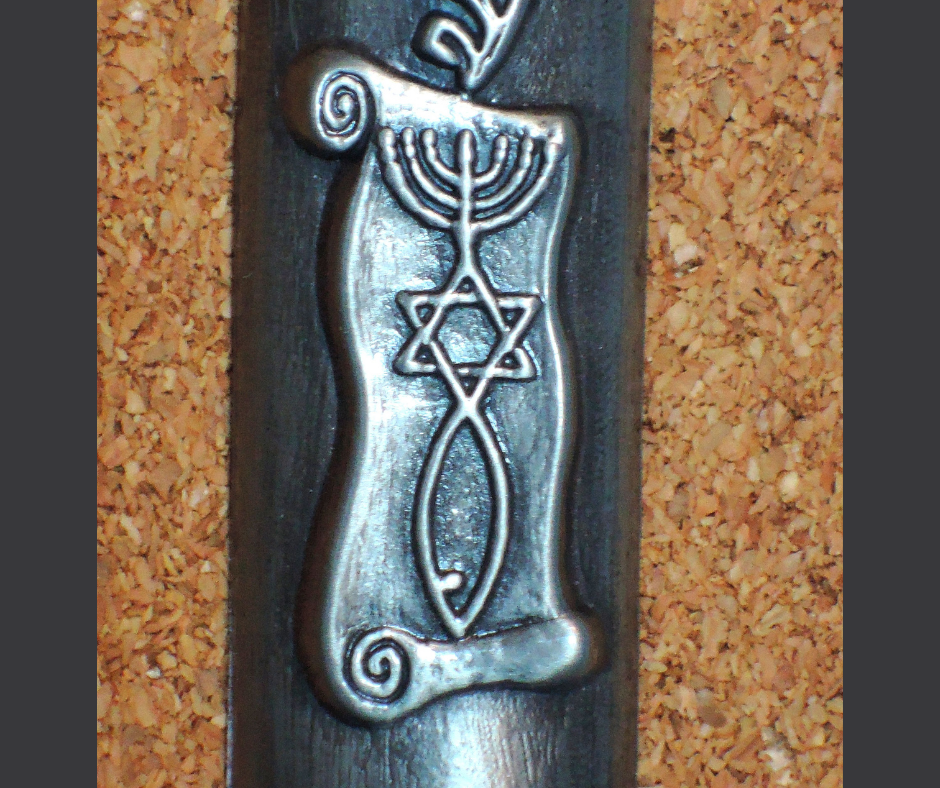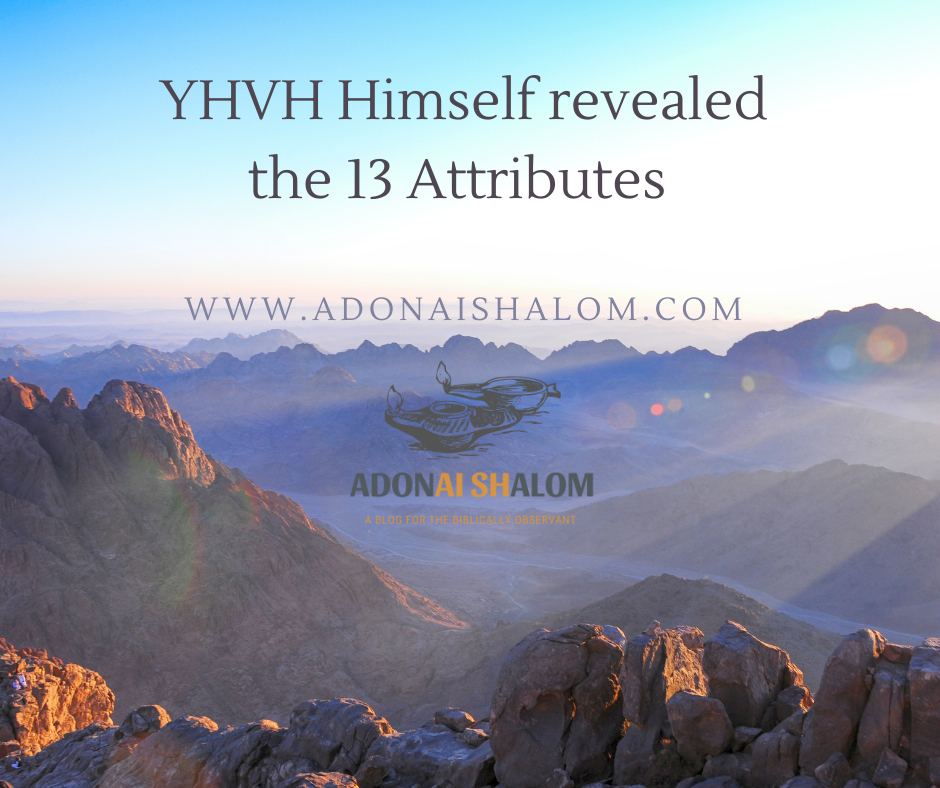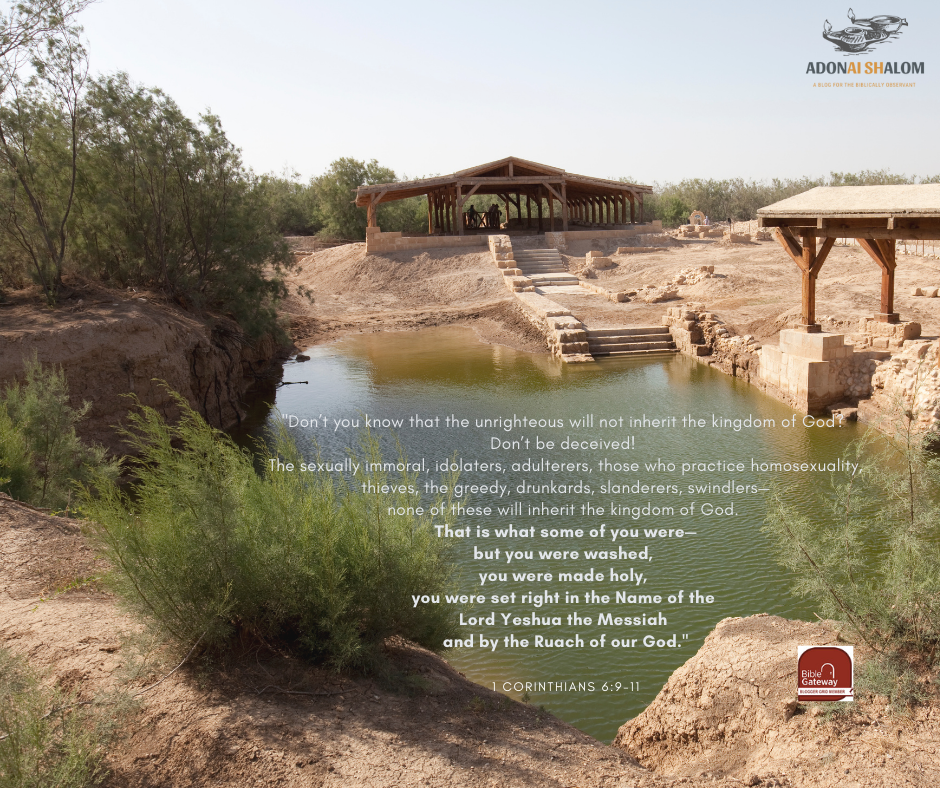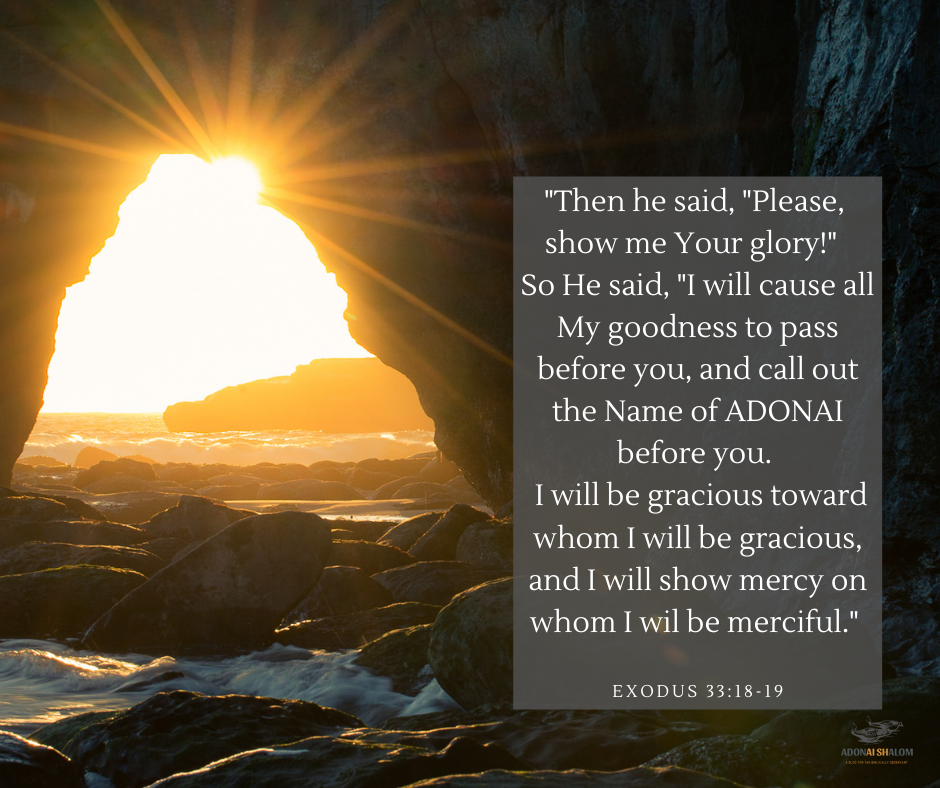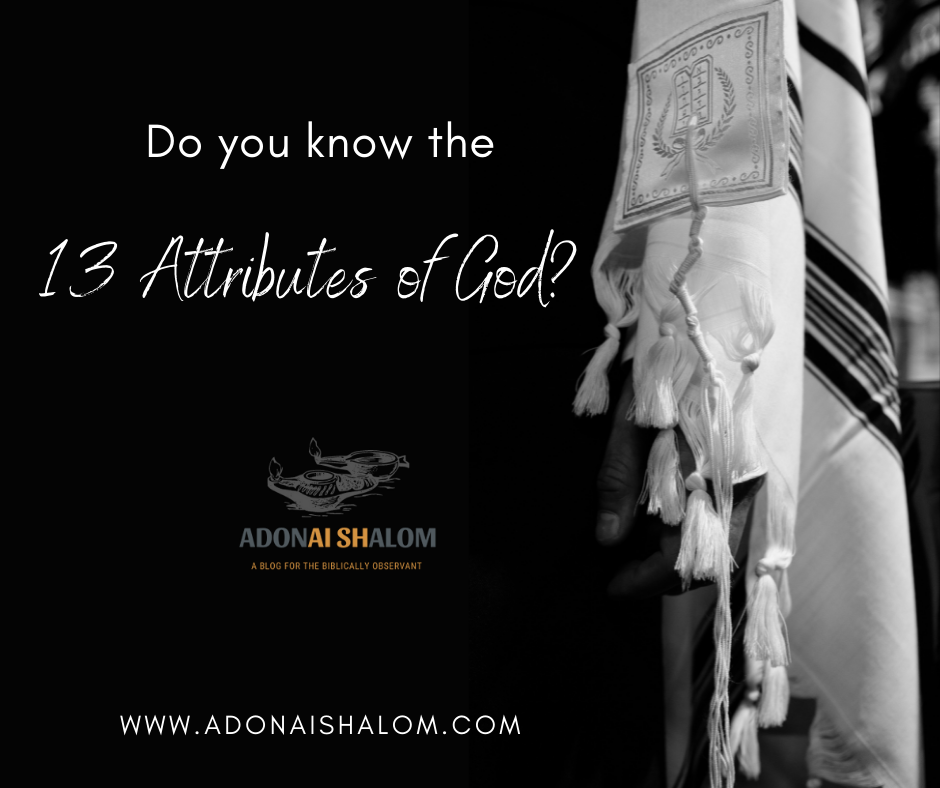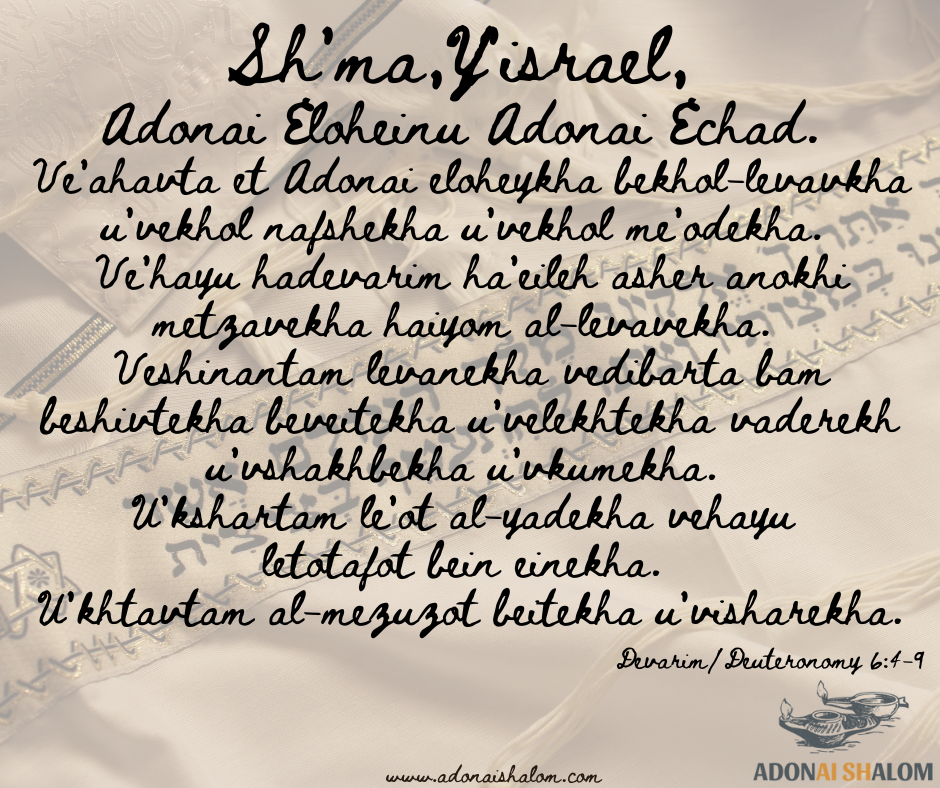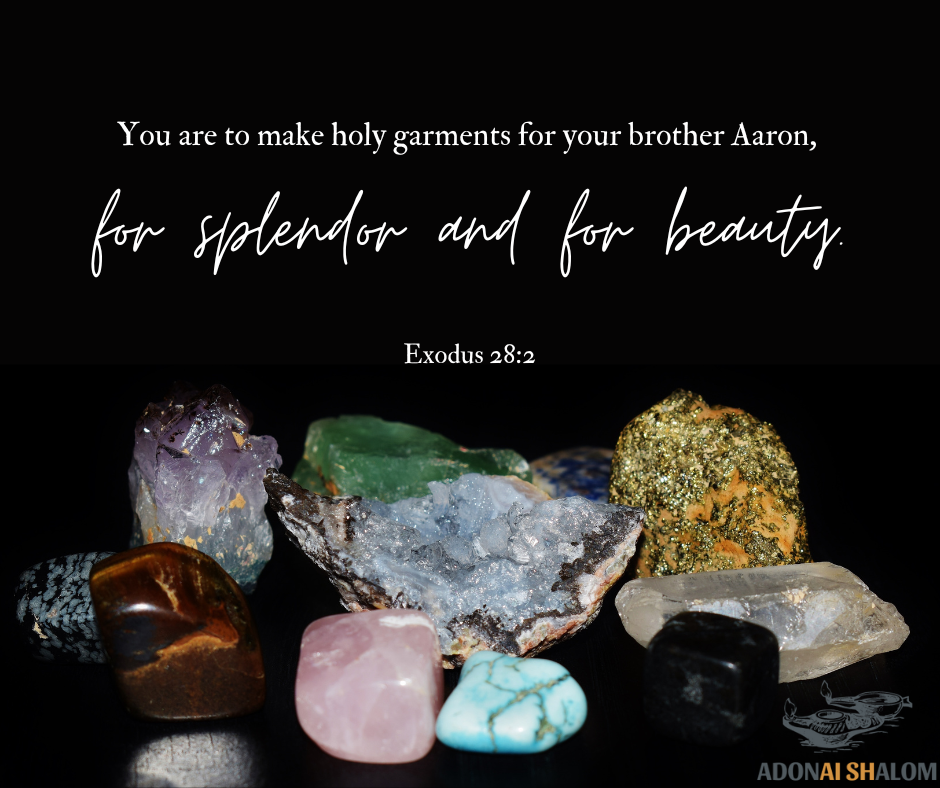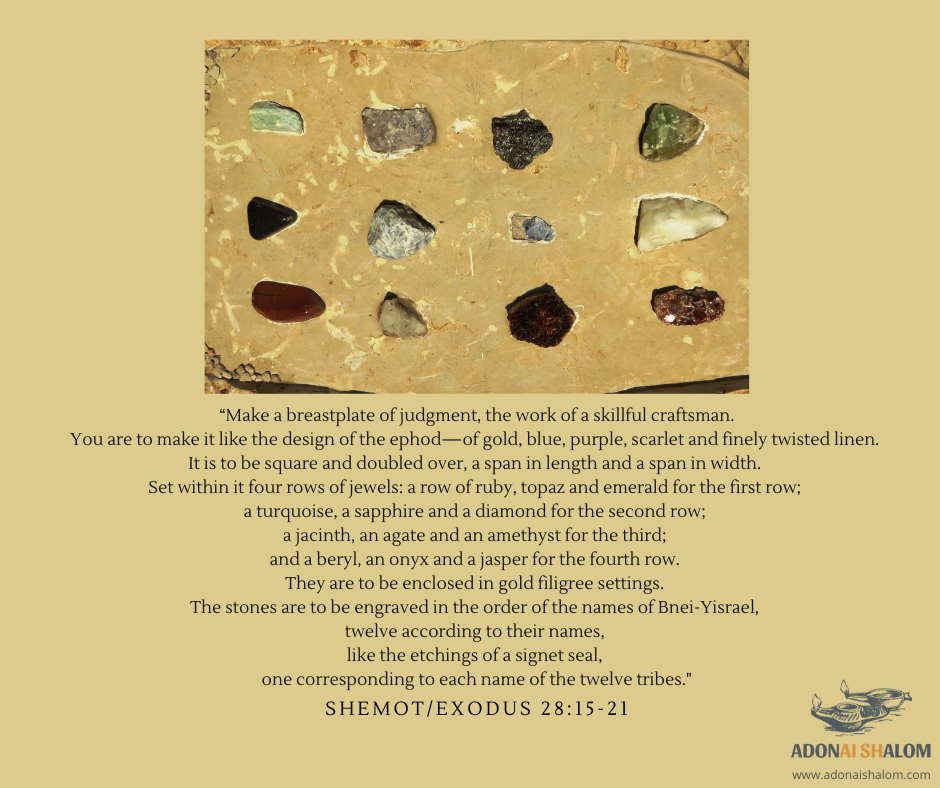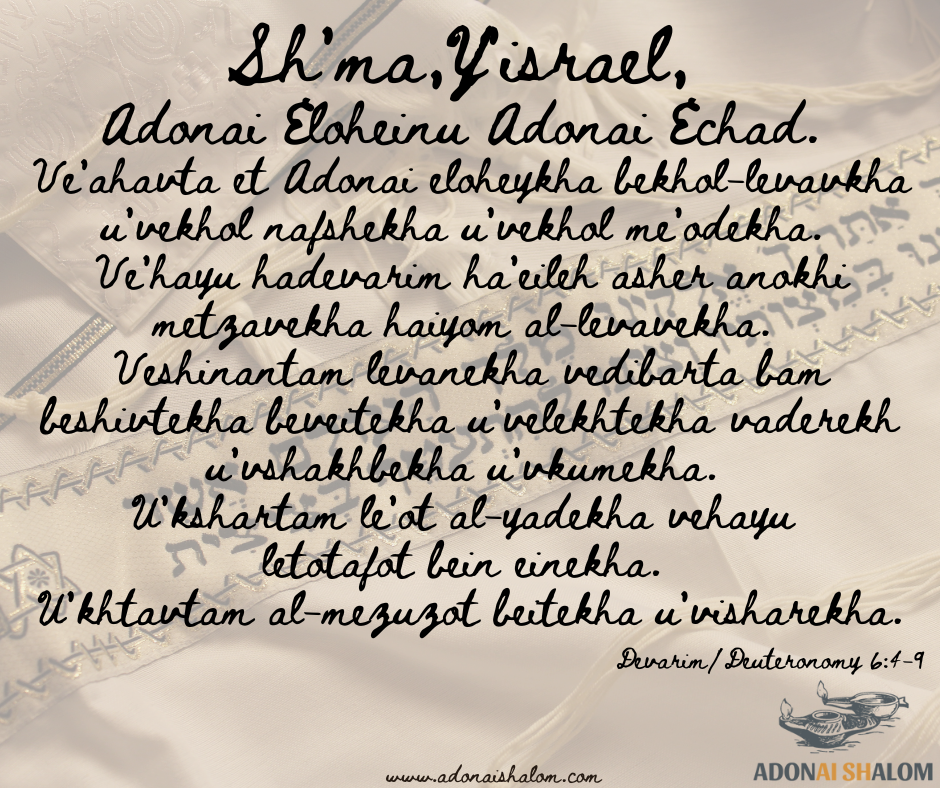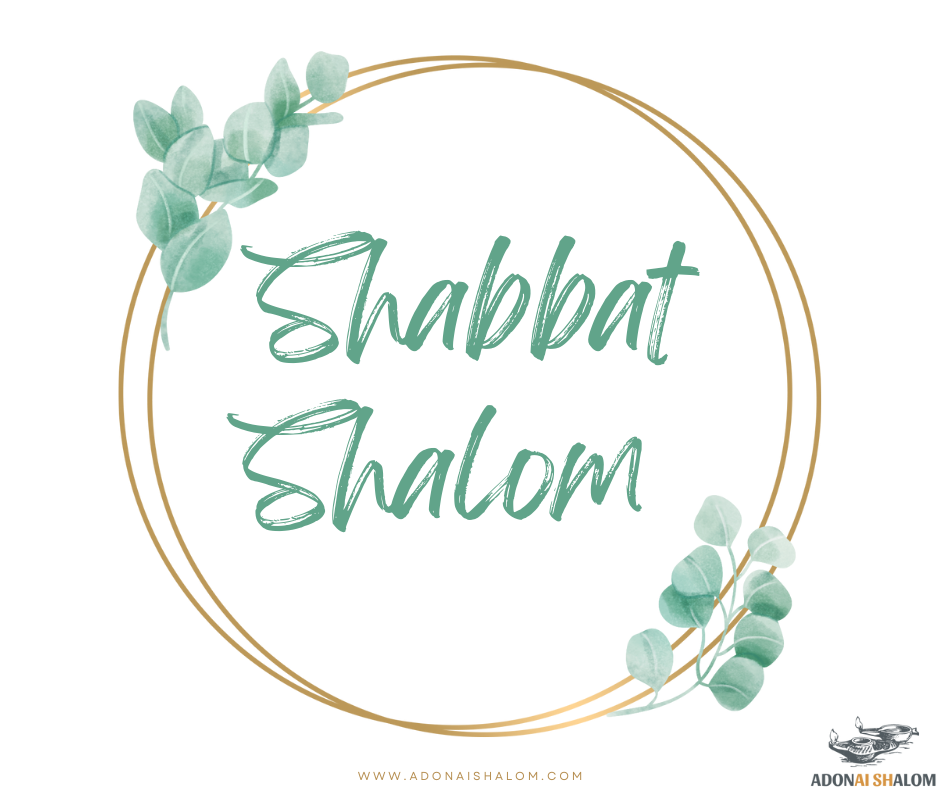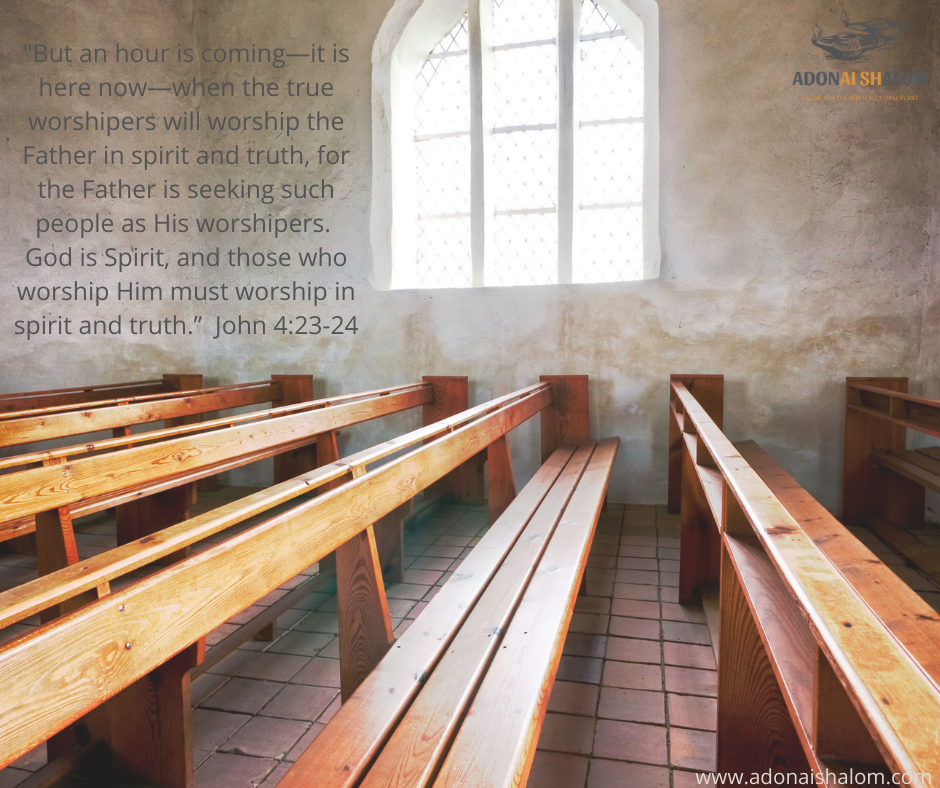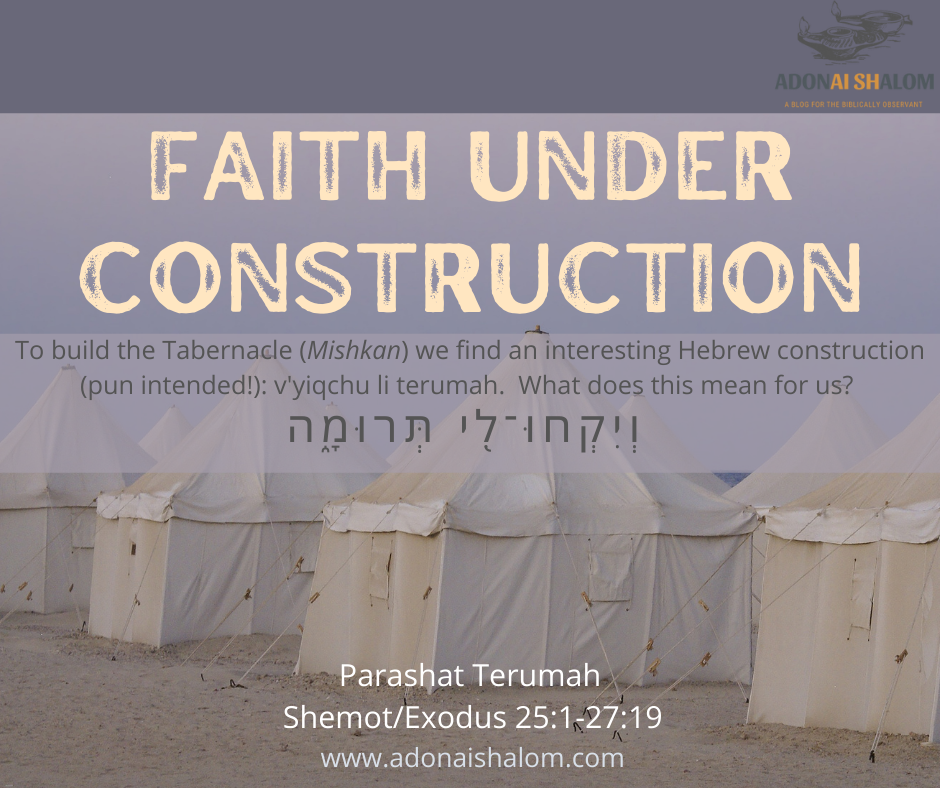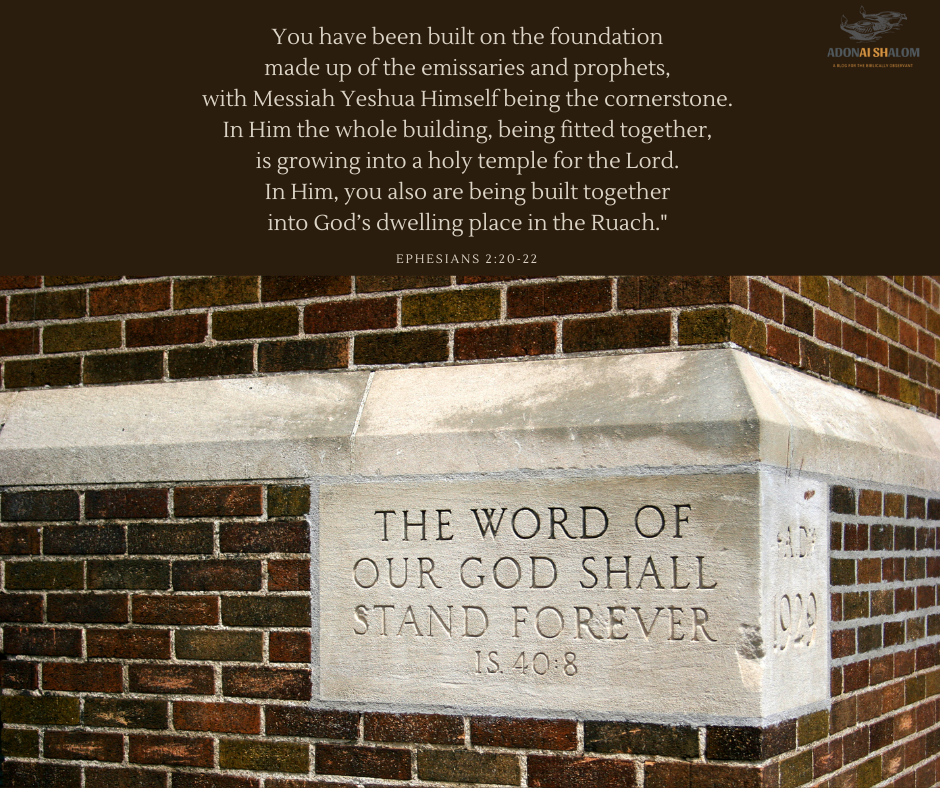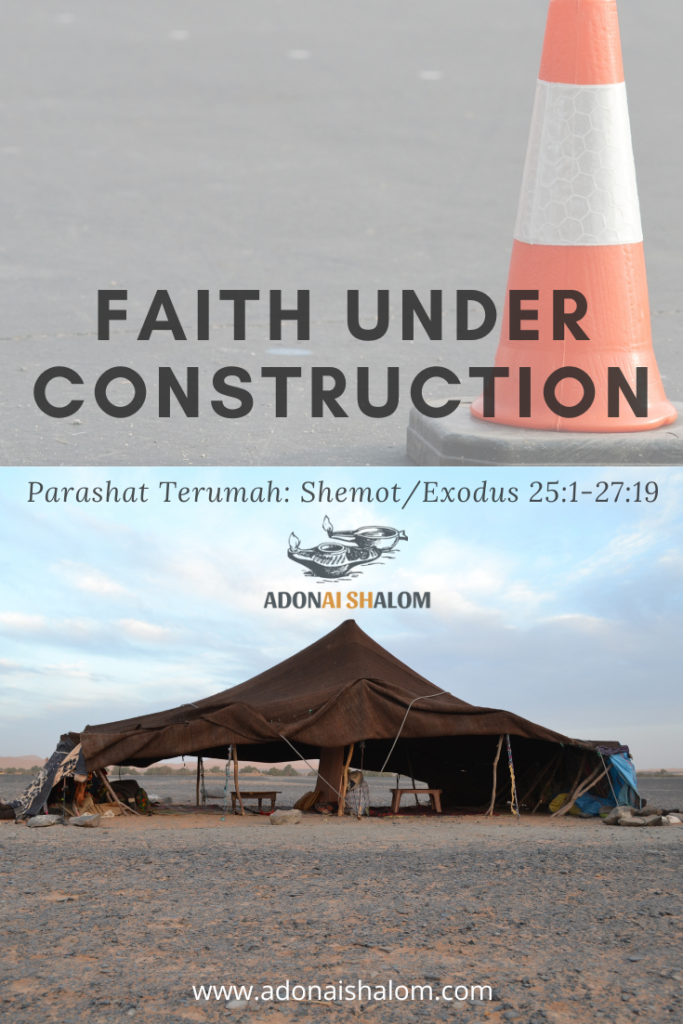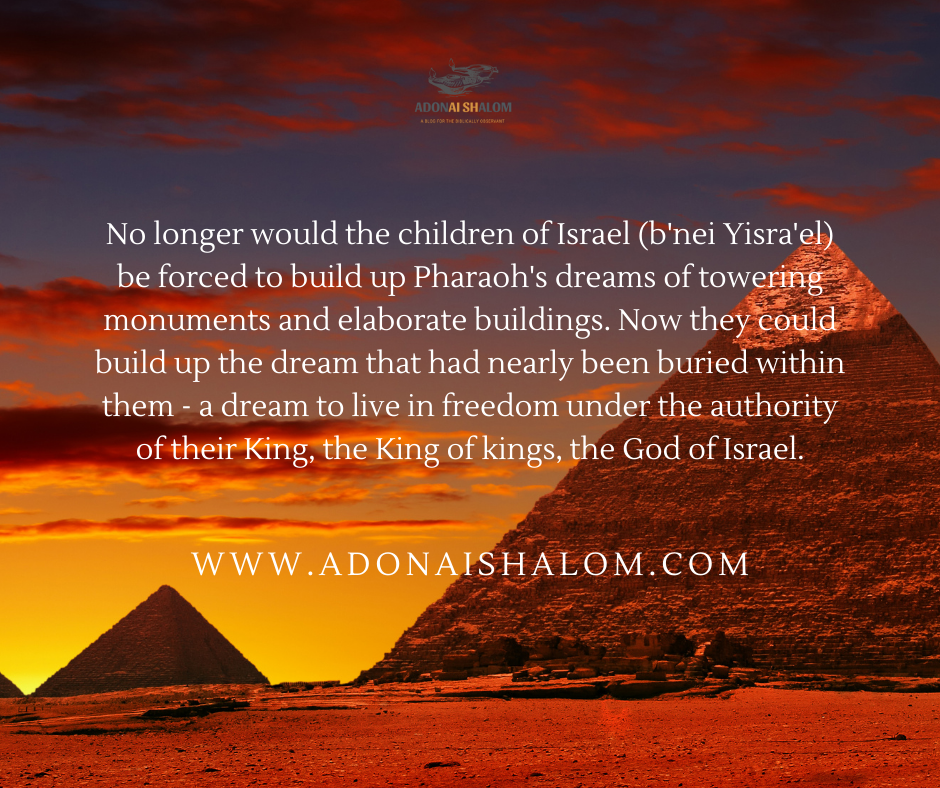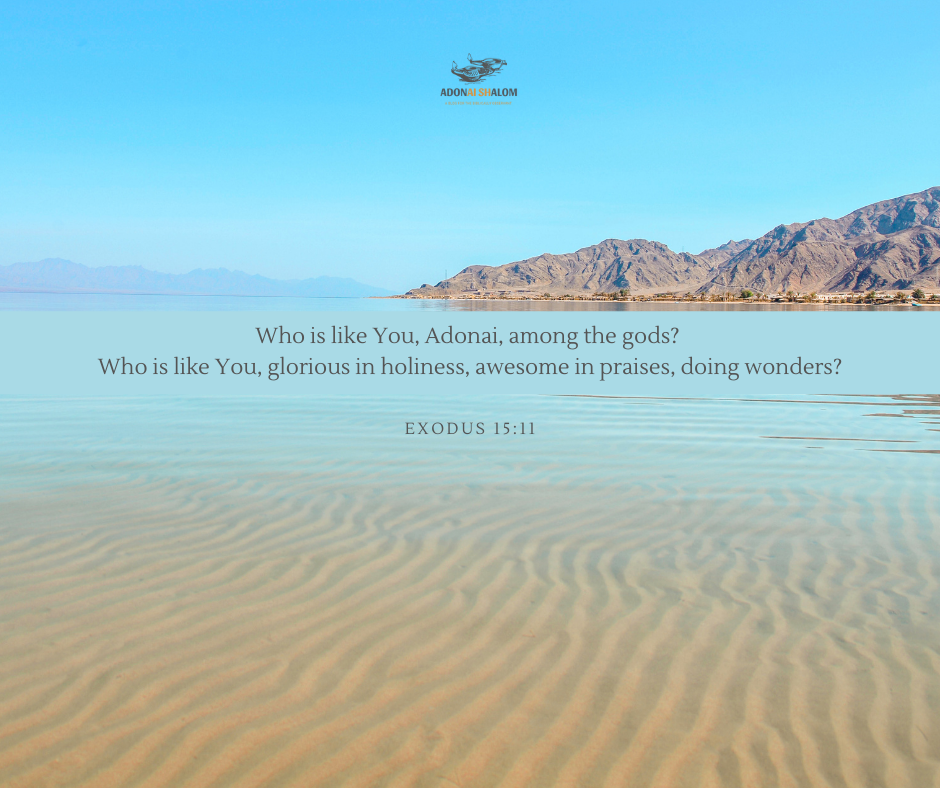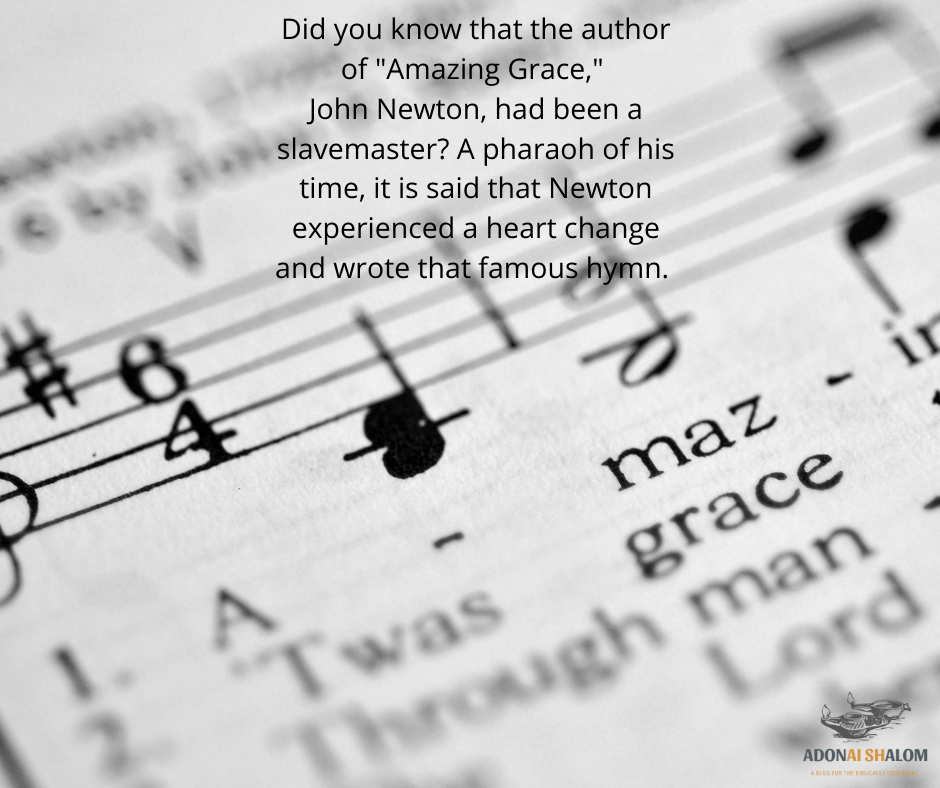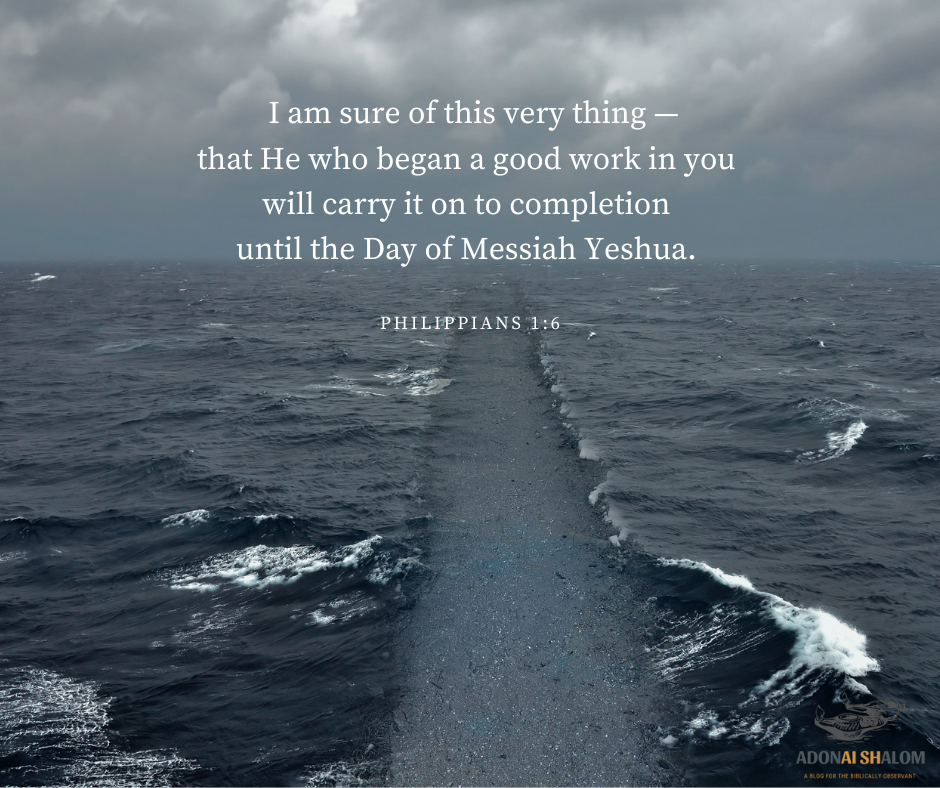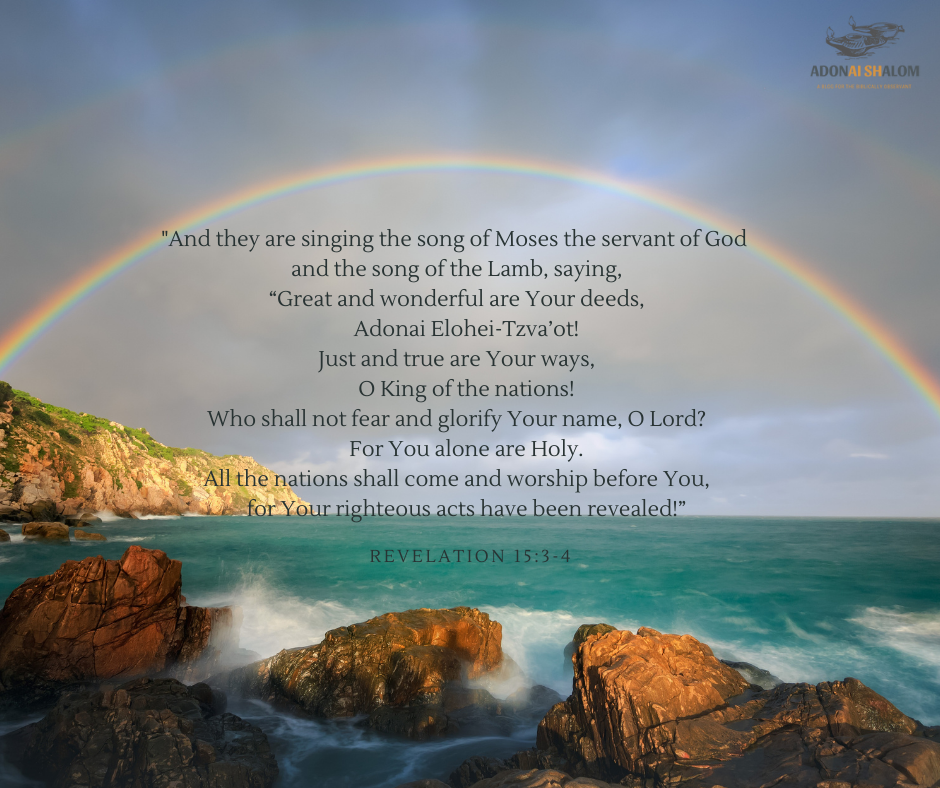Purim and Ukraine’s Mordecai
The Russian invasion of Ukraine has started a war that we can only hope and pray will remain somewhat contained.
But one acre that is bombed is one acre too many.
Sadly, whenever there are imperial aspirations, aggression seems to lead the way.
It is nothing new. The rise and fall of empires have been chronicled throughout history as well as the rise and fall of their leaders. Every now and then a Godly leader will rise up, like Queen Hadassah (Esther) whose influence saved the Jewish people in Persia.
But right now, we are witnessing firsthand a ruthless leader who does not care whether or not he has to destroy every square inch of land in Ukraine and kill thousands upon thousands in order to win his selfish war.
There is more going on with this war than many people realize. The region north of the Black Sea is very much indicated in Biblical prophecy, and we should not be surprised at all with these current events. I recently wrote this post discussing Ezekiel’s prophecies that relate to the war against Ukraine.
Of note, Russia’s invasion happened just weeks before the yearly commemoration of Purim.
As you will see, Ukrainian President Volodymyr Zelenskyy can be likened to a modern day Mordecai.
Purim – a celebration of victory over antiSemitism
Purim was established in ancient Persia by Queen Hadassah (Esther), Mordecai, and the Jews following the terrifying persecution devised by the evil Haman to “ruin and destroy” everyone of Jewish descent. You can read all about it in the book of Esther.
Like imperialism, antiSemitism is nothing new, either. But through prayer and fasting and reliance on the God of Israel, the Jewish people of Persia lived to celebrate victory:
Then Queen Esther the daughter of Abihail, and also Mordecai the Jew, wrote with full authority to confirm this second letter of Purim. He sent letters to all the Jews in the 127 provinces of the kingdom of Ahasuerus, with words of shalom and truth, to establish these days of Purim at their designated times, just as Mordecai the Jew and Queen Esther had decreed for them and just as they had established for themselves and their descendants, matters regarding their times of fasting and lamentations. Esther’s command confirmed these regulations about Purim and it was written into the records. (Esther 9:20-32, emphases added)
Ukraine’s Jewish heritage
According to the Museum of Jewish Heritage, 1.5 million Ukrainian Jews were killed in the Holocaust.
1.5 MILLION.
That’s like every single resident of San Antonio. Gone.
Or Philadelphia. Gone.
Prior to the war started by Russia, the European Jewish Congress estimates that somewhere between 360,000 and 400,000 Jews were living in Ukraine. Some believe those estimates are too high, however. In any case, there were far fewer Jews in Ukraine following Hitler’s regime than there were one hundred years ago, but the numbers were gradually and steadily rising. Jewish influence had become more embraced in Ukrainian culture.
Proof? The Ukrainians elected their first Jewish President in 2019. The Prime Minister is also Jewish. No where else on earth are a nation’s top leaders all Jewish except Israel!
Leading by example and refusing to flee
President Volodymyr Zelenskyy was a comedian before being elected president. No one imagined he would have to be a wartime leader and when the conflict began, I’m sure he had his doubters. He probably even doubted himself.
But when you fear the LORD, He grants favor, agility, bravery, and wisdom. I pray for President Zelenskyy. That the LORD will continue to protect him and his family. But I am not naive to think he is not in grave danger.
The people of Ukraine as a whole are brave. It is so obvious by watching the news. Civilians who have never held a gun before are now fighting to protect their country and their families. I really am a pacifist at heart, but I do commend those who have taken up arms as a last resort.
Their President has also demonstrated resilience and valor. The United States offered to help him leave, but his now famous response, “I need ammunition, not a ride,” demonstrates incredible leadership. President Zelenskyy could have easily escaped to safety, abandoning all Ukrainians left behind. But he refused. He chose to stay.
When the edict was made to annihilate the Jews in Persia, Esther’s cousin Mordecai didn’t flee, either. Instead, Mordecai turned to the LORD. He “went out into the middle of the city crying out in a loud and bitter voice” (Esther 4:1) and inspired fasting in every province (Esther 4:1,3).
None of us know the personal spiritual life of President Zelenskyy, but I would not be surprised if prayer and fasting are helping him get through this crisis. He, too, goes out into the middle of the cities and we know he posts selfies to both encourage and bolster his reinforcements. A modern day Mordecai.
Purim highlights contrasts between good and evil
At its core, Purim highlights contrasts. While Purim is a celebratory feast, it wouldn’t exist without the misery that was first afflicted upon the people.
Purim shows the stark differences between the forces of good and evil. The differences between those who pray versus those who rely on their weapons and brute strength.
I commend President Zelenskyy and the others who are so courageous to stand up in the face of such danger. I do not think I would be so brave, though I wish I were. We all must continue to pray for all of the people of Ukraine as they are under fire. There is no shame for those who had to flee. But for those who have bravely stayed – the world must truly respect their commitment and perseverance.
This Purim, may we pray most especially for all of the families who have had to leave their homes behind and for those who have lost loved ones. May we pray for all of the innocent children who are suffering and had nothing to do with any of this. May we pray for a nation in great need. And may we learn from the brave men and women who are on the frontlines willing to protect their families and friends and fight for their nation. May the LORD work in their lives as we continue to pray for an end to the fighting.
Thank you for stopping by! Please leave a comment below! For free Biblical resources straight to your inbox, subscribe to our blog today!
Looking for Bible Study resources or accessories?
Here are some resources that might make your personal study time more enjoyable for you or your children! I am an Amazon affiliate which means I earn a little from your purchase, but it won’t cost you more.
